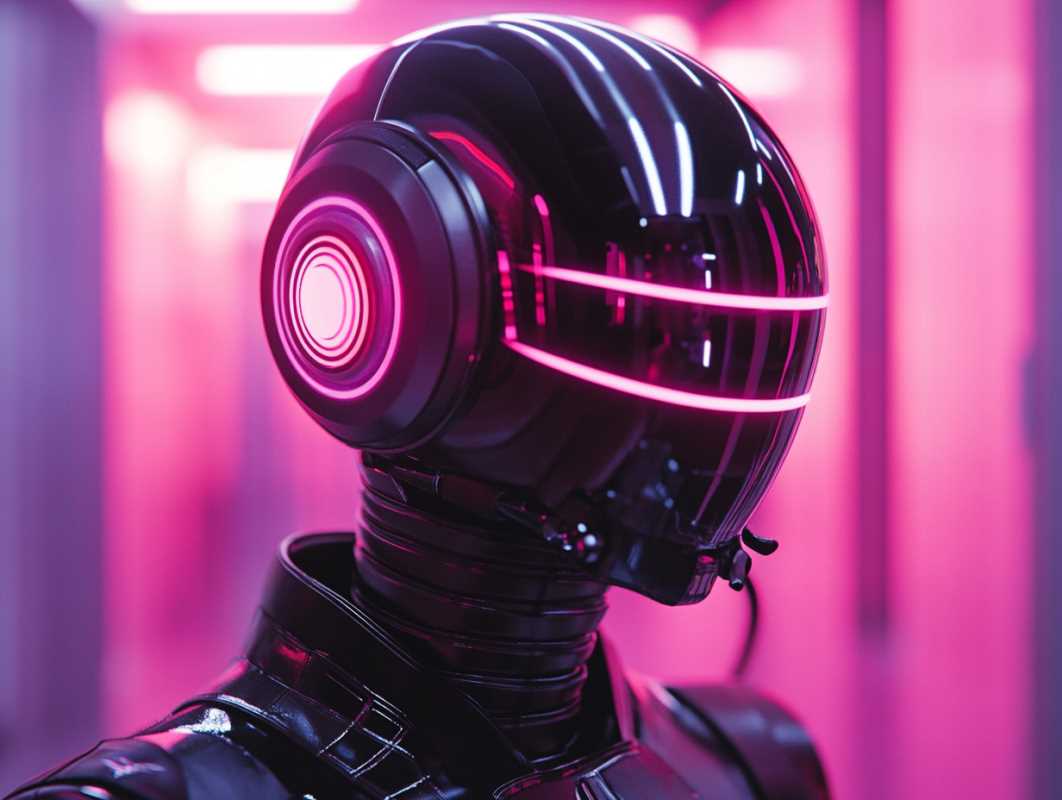Music, long considered one of humanity's most creative and emotional art forms, has entered a groundbreaking phase with the rise of AI-generated compositions. From symphonies crafted by algorithms to pop songs with AI-generated melodies, this technological leap is challenging traditional notions of creativity and artistry.
The concept of machines generating music is not entirely new; computer-based composition has been explored for decades. However, advancements in artificial intelligence, particularly deep learning, have dramatically expanded the capabilities of these systems. AI can now analyze vast databases of music, learn stylistic nuances, and create compositions that rival human-made works in complexity and emotional resonance.
This emergence of AI-generated music has sparked diverse reactions across society. From excitement over its potential to ethical concerns about its implications, the dialogue around this phenomenon reveals much about our evolving relationship with technology and creativity.
The Appeal of AI-Generated Music
One of the most striking aspects of AI-generated music is its ability to innovate at scale. Algorithms can analyze and synthesize data from centuries of musical compositions, blending genres and styles in ways that human musicians might never imagine. This capacity for experimentation has led to groundbreaking works pushing musical expression's boundaries.
For listeners, AI-generated music offers a seemingly infinite variety of soundscapes. Streaming platforms and gaming companies have begun leveraging AI to create adaptive soundtracks tailored to individual preferences or specific moments. For example, AI can generate calming ambient music for relaxation or adrenaline-pumping tracks for action sequences in video games.
Musicians and producers, too, are finding value in AI as a collaborative tool. By generating ideas or suggesting harmonies, AI systems can serve as creative partners, expanding the range of possibilities for human artists. Some artists have even released albums composed entirely with AI, sparking debates about authorship and the definition of artistry.
Beyond creativity, the cost-effectiveness of AI-generated music is a significant factor driving its adoption. For industries like advertising or content creation, where background music is essential, but budgets are limited, AI provides an affordable alternative to hiring composers or licensing tracks.
Concerns and Criticisms Surrounding AI Music
Despite its potential, AI-generated music has faced significant criticism and skepticism, much of which revolves around the fear that it could devalue human creativity. For centuries, music has been deeply tied to the human experience, serving as an outlet for emotions, stories, and cultural identity. Critics argue that AI, lacking consciousness and emotional depth, cannot truly replicate this connection.
A major ethical concern is authorship and intellectual property. AI systems are trained on vast datasets of existing music, often without explicit permission from the original creators. This raises issues of copyright infringement and appropriation, particularly when AI-generated compositions bear striking similarities to human-made works.
Another source of anxiety is the economic implications. As AI becomes more capable, the demand for human composers, musicians, and sound engineers could decrease, leading to job displacement in creative industries. This tension mirrors broader societal concerns about automation and its impact on employment.
Cultural critics have also raised alarms about the potential homogenization of music. AI relies on patterns and algorithms, which could result in compositions that lack the unpredictability and individuality that characterize human artistry. There’s a fear that, over time, this could lead to a loss of diversity in the musical landscape.
Society's Mixed Reactions
Public response to AI-generated music has been a blend of fascination, skepticism, and unease. For many, the novelty of machine-made music is both intriguing and disconcerting. It challenges long-held beliefs about creativity and the uniqueness of human expression.
Opinions among music enthusiasts are divided. Some embrace the innovation, seeing AI as an exciting tool that expands the possibilities of musical creation. Others view it with suspicion, concerned that it could overshadow human talent or dilute the emotional depth of music.
The entertainment industry has shown a more pragmatic stance. Streaming platforms, gaming companies, and even film studios are investing in AI-generated music, recognizing its potential to create cost-effective, adaptable content. At the same time, unions and advocacy groups for musicians are lobbying for greater transparency and protections to ensure that AI does not exploit human creators.
Interestingly, the integration of AI in music has also sparked philosophical debates about the nature of creativity. If an AI can compose a symphony that moves listeners to tears, does it matter that a human didn’t make it? These questions are forcing society to reconsider the boundaries of art and technology.
The Future of Music and AI
As AI continues to evolve, its role in the music industry is likely to grow. However, the future of AI-generated music will depend on how society navigates the challenges and opportunities it presents.
One potential outcome is the rise of hybrid models, where AI and human musicians collaborate to create works that blend machine precision with human emotion. This partnership could lead to a new era of musical innovation, with AI serving as a creative catalyst rather than a replacement for human talent.
Regulation and ethical guidelines will play a crucial role in shaping this future. Clear policies around data usage, copyright, and attribution will be essential to protect both human creators and the integrity of the art form. Initiatives like licensing agreements for AI training datasets or revenue-sharing models could help address these concerns.
Education and adaptation will also be key. As AI becomes more integrated into the music industry, training programs for musicians and composers will need to include skills for working with AI tools. Embracing this technology rather than resisting it could empower artists to harness its potential fully.
Culturally, AI-generated music may shift our understanding of creativity itself. Instead of viewing it as a uniquely human trait, society might come to see creativity as a broader phenomenon that can emerge from collaboration between humans and machines.
- Encourages innovation by blending genres and styles
- Raises ethical concerns about authorship and copyright
- Threatens job security in creative industries
- Prompts philosophical questions about art and creativity
- Could lead to hybrid models of human-AI collaboration
AI-generated music represents both a challenge and an opportunity for society. While it forces us to confront difficult questions about creativity, authorship, and the value of human expression, it also opens doors to new artistic possibilities.
Ultimately, the impact of AI on music will depend on how we choose to engage with it. By fostering a balanced approach that embraces innovation while safeguarding human artistry, society can ensure that AI becomes a tool for enriching music rather than diminishing it.
 (Image source: Midjourney)
(Image source: Midjourney) 





